Explore the captivating world of stories that bring people and places to life, spanning from ancient myths to modern tales. From historical narratives that shape civilizations to contemporary stories that resonate globally, the power of storytelling weaves cultures, communities, and individuals together. Whether delving into legendary accounts of distant lands or discovering how stories shape global culture, this exploration delves into the intricate tapestry of narratives that define our world. Join us as we uncover the enduring legacy of stories, their impact on vacations, community building, and even the creative process itself, revealing how these tales continue to inspire and thrive across generations.
Key Takeaways
– The Greatest Stories: Novels like To Kill a Mockingbird, Moby-Dick, and Harry Potter explore universal themes and leave a lasting impact on readers.
– Most Influential Book: The Bible is often cited as the most influential book globally, shaping cultures and languages.
– Bestselling Series: Harry Potter and the Sorcerer’s Stone holds the record for the highest-selling book series, with over 500 million copies sold.
– Longest Story Ever Written: Marcel Proust’s A la recherche du temps perdu is recognized as the longest continuous narrative in Western literature, offering a profound exploration of human memory.
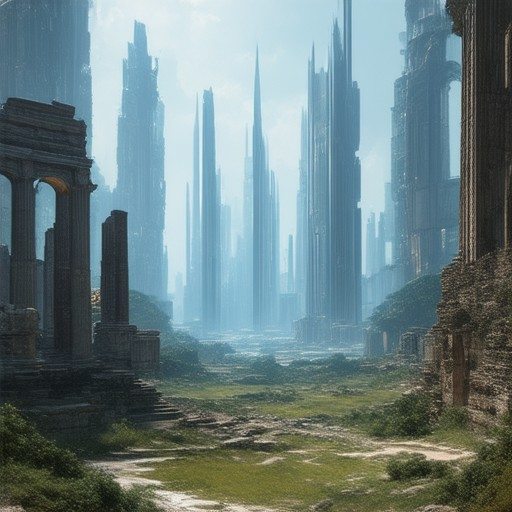
What is a Story Based on Imaginary Places, People, and Events?
A story based on imaginary places, people, and events is a narrative that transcends reality, inviting readers into a world that exists only in the author’s imagination. These stories often transport readers to fantastical realms, where characters encounter extraordinary circumstances and environments.
Key Components of Imaginary Stories
- Imaginary Places : These are locations that never existed in the real world, such as magical kingdoms, futuristic cities, or mysterious landscapes. Examples include Alice in Wonderland ‘s whimsical settings or the futuristic metropolises in Star Wars .
- Imaginary People : Characters in these stories are often ordinary individuals thrust into extraordinary situations or possess unique abilities that set them apart from conventional protagonists. Think of Harry Potter ‘s journey at Hogwarts or Winnie the Pooh ‘s adventures in the Hundred Acre Wood.
- Imaginary Events : These are pivotal moments or occurrences that could never happen in reality, such as time travel, teleportation, or magical transformations. Events like Percy Jackson ‘s battles against mythical creatures or The Matrix ‘s digital revolution are prime examples.
Why Imaginary Stories Captivate Readers
- Fantasy and Escapism : These stories offer a respite from everyday life, allowing readers to immerse themselves in worlds where logic bends and possibilities are endless.
- Thought-Provoking Themes : They often explore deeper questions about humanity, ethics, and existence, making them intellectually stimulating.
- Creative Freedom : Authors have liberty to craft unique universes and narratives without constraints of real-world limitations.
Examples of Imaginary Stories
- Alice in Wonderland by Lewis Carroll: Features surreal settings like the Mad Hatter’s Tea Party and the Queen of Hearts’ reign.
- Harry Potter and the Sorcerer’s Stone by J.K. Rowling: Blends magic, mystery, and education in a world of wizards and witches.
- The Lion King by Disney: A tale of friendship and leadership set in the African savannah, populated by talking animals.
By combining these elements, imaginary stories create vivid, memorable worlds that resonate with readers long after the book is closed.
The Most Famous Stories in the World
The most famous story in the world could be debated, but several narratives stand out due to their widespread recognition, cultural impact, and adaptability across various mediums. Here are some of the most renowned stories:
- The Legend of King Arthur and the Knights of the Round Table – A prominent myth in European literature, featuring King Arthur, his knights, and the Holy Grail.
- Homer’s Epics (“Iliad” and “Odyssey”) – Two epic poems from Greek mythology that recount the events of the Trojan War and Odysseus’s journey home.
- Beowulf – An epic poem from Norse mythology about the brave warrior Beowulf who slays the monster Grendel.
- Dante’s “The Divine Comedy” – A lengthy narrative poem describing Dante’s journey through Hell, Purgatory, and Heaven.
- Shakespeare’s Plays – Works like “Romeo and Juliet,” “Hamlet,” and “Macbeth” are among the most famous stories, translated into over 300 languages.
- Aesop’s Fables – A collection of short stories with moral lessons, such as “The Lion and the Mouse,” known for their simple yet profound messages.
- “The Arabian Nights” – A compilation of Islamic folktales, featuring characters like Aladdin and Sinbad the Sailor.
- J.K. Rowling’s “Harry Potter” Series – A globally beloved series that has inspired movies, spin-offs, and a dedicated fanbase.
- J.R.R. Tolkien’s “The Lord of the Rings” – A seminal work in fantasy literature, adapted into successful films.
- George Lucas’s “Star Wars” Saga – A groundbreaking science fiction series that has influenced countless films and became a cultural icon.
- “The Bible” – Contains numerous well-known stories, including Noah’s Ark, the Ten Commandments, and the life of Jesus Christ.
- Cinderella – A classic fairy tale adapted into various media, known for its themes of kindness and perseverance.
These stories have transcended their original forms, becoming integral parts of global culture and continuing to captivate audiences across generations.
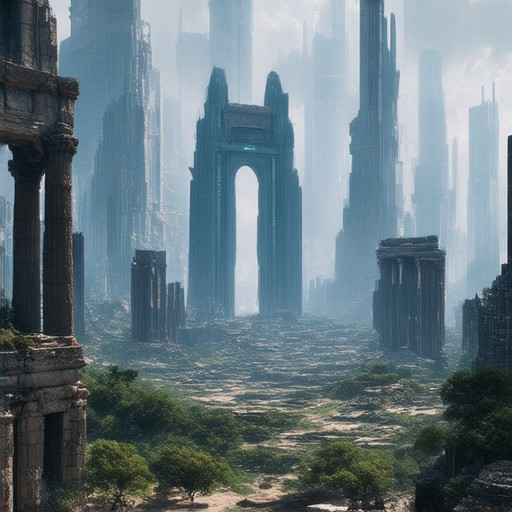
The Shortest Famous Short Story
“For sale: baby shoes, never worn” is widely regarded as one of the most famous examples of flash fiction. This six-word story captures the essence of loss and longing through a simple yet profound narrative. Its brevity has made it a classic in the genre, often referenced in discussions about concise storytelling.
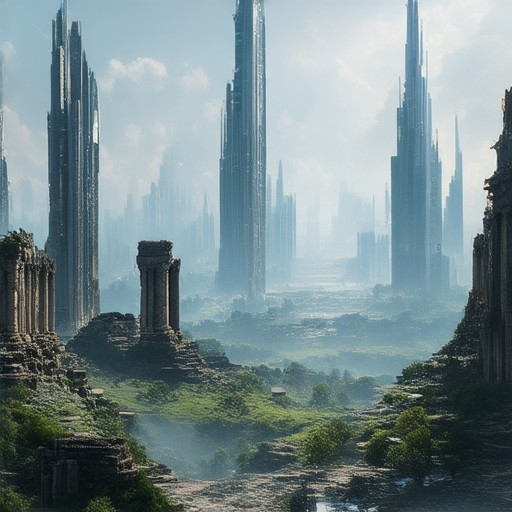
The Greatest Story of All Time
When considering the greatest stories of all time, literature offers countless masterpieces that have left an indelible mark on readers. These tales transcend boundaries, exploring themes of love, loss, identity, and human resilience. Below is a curated list of novels often hailed as some of the most profound and transformative reads:
- To Kill a Mockingbird by Harper Lee
- Moby-Dick by Herman Melville
- Pride and Prejudice by Jane Austen
- Beloved by Toni Morrison
- Le Petit Prince by Antoine de Saint-Exupéry
- Harry Potter and the Sorcerer’s Stone by J.K. Rowling
- 1984 by George Orwell
- The Great Gatsby by F. Scott Fitzgerald
- One Hundred Years of Solitude by Gabriel García Márquez
- War and Peace by Leo Tolstoy
A timeless exploration of racial injustice and moral growth, this novel remains a cornerstone of American literature.
Melville’s epic tale of obsession, humanity, and the pursuit of the unknown continues to captivate readers centuries later.
A classic romance that delves into societal expectations and the triumph of true love, this novel has shaped countless hearts.
Morrison’s Nobel Prize-winning novel examines slavery’s legacy, memory, and identity through a haunting narrative.
A whimsical yet profound journey into the essence of existence and the search for meaning, translated into 69 languages.
Rowling’s debut introduced the wizarding world, inspiring millions and proving the power of imagination.
A dystopian warning about totalitarianism and the erosion of individual freedom, still relevant today.
Fitzgerald’s Jazz Age tale explores the American Dream, excess, and the disillusionment of the Roaring Twenties.
A magical realism masterpiece that chronicles the rise and fall of the Buendía family in Colombia.
Tolstoy’s epic novel delves into the Napoleonic Wars and the personal struggles of Pierre Bezukhov, offering profound insights into war and peace.
These stories, though spanning different eras and genres, share a common trait: they resonate deeply with readers, challenging them to reflect on life’s complexities and universal truths. Whether you prefer literary fiction, fantasy, or historical narratives, these works promise a journey into the human condition unlike any other.
What is the #1 book of all time?
- The title of the #1 book of all time is widely debated, as it depends on criteria such as sales figures, cultural impact, or literary significance.
- One of the most commonly cited books is The Bible , due to its extensive influence across cultures and languages.
- However, Harry Potter and the Sorcerer’s Stone holds the record for the highest selling book series, with over 500 million copies sold worldwide.
- Other notable books include To Kill a Mockingbird , 1984 , and The Great Gatsby , each achieving significant popularity and critical acclaim.
- For more details on these books and their rankings, visit our curated list of top sellers: Bending Borders’ Top Books Collection .
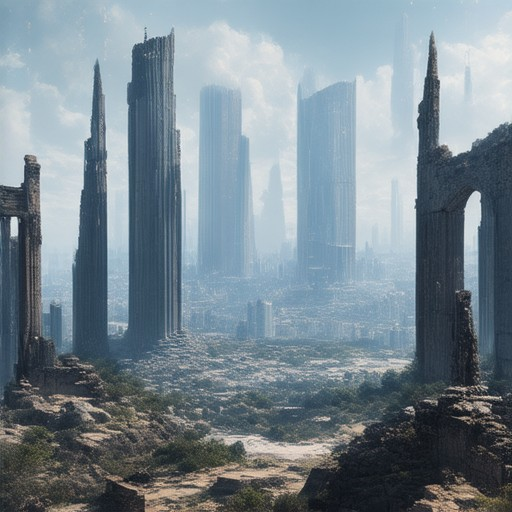
What is the longest story on Earth?
The longest story on Earth is widely regarded as Marcel Proust’s A la recherche du temps perdu (translated as “Remembrance of Things Past”). This monumental work consists of seven volumes, each densely packed with intricate narrative and descriptive detail. When combined, the series is estimated to contain approximately 9,609,000 characters, including spaces and punctuation marks.
While other lengthy works of literature, such as Leo Tolstoy’s War and Peace or Herman Melville’s Moby-Dick , are renowned for their complexity and length, Proust’s A la recherche du temps perdu holds the distinction of being the longest continuous narrative in Western literature.
Conclusion: Marcel Proust’s A la recherche du temps perdu remains the longest story ever written, offering a profound exploration of human memory and existence through its vast and intricate structure.
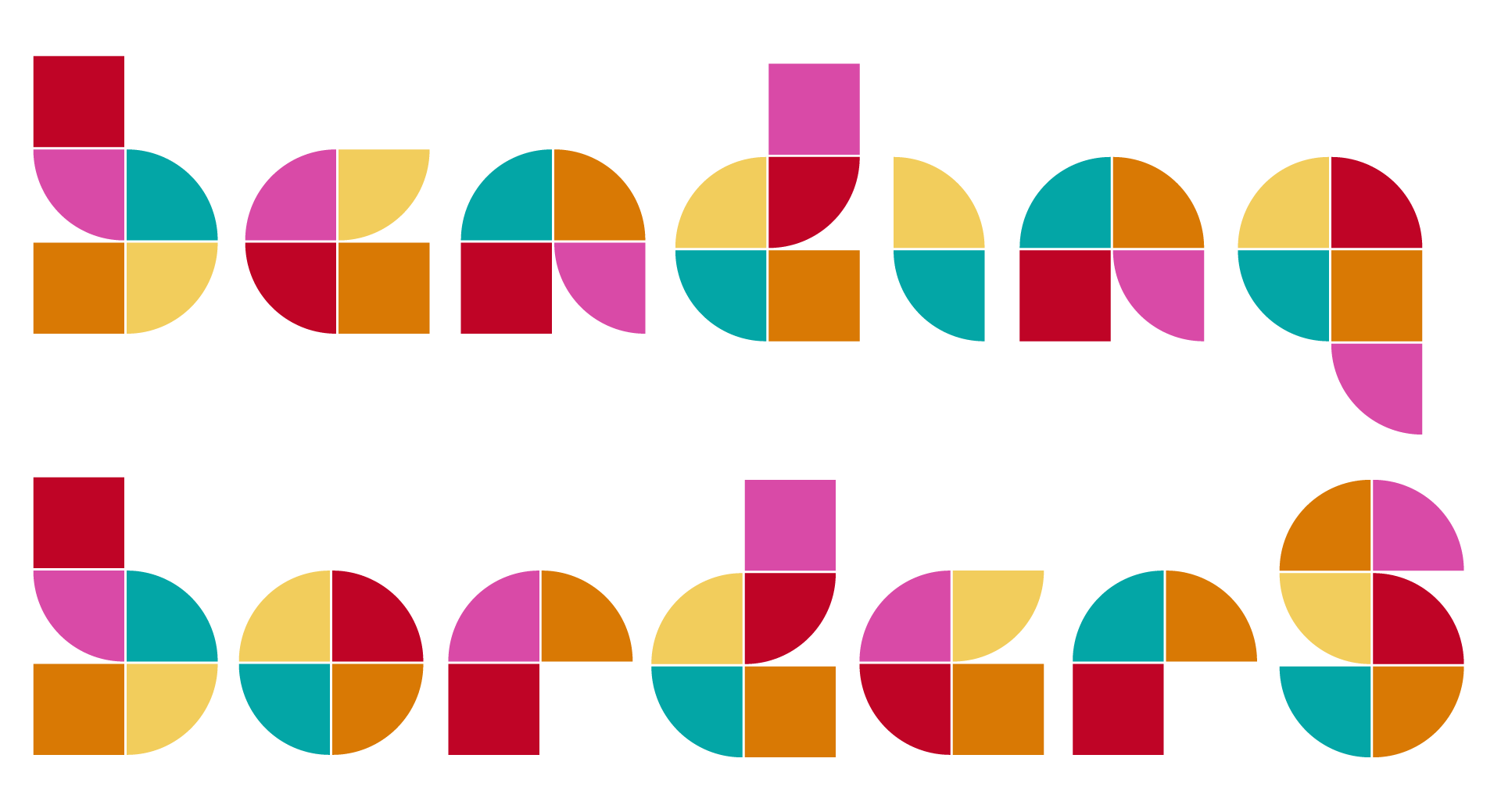



0 Comments